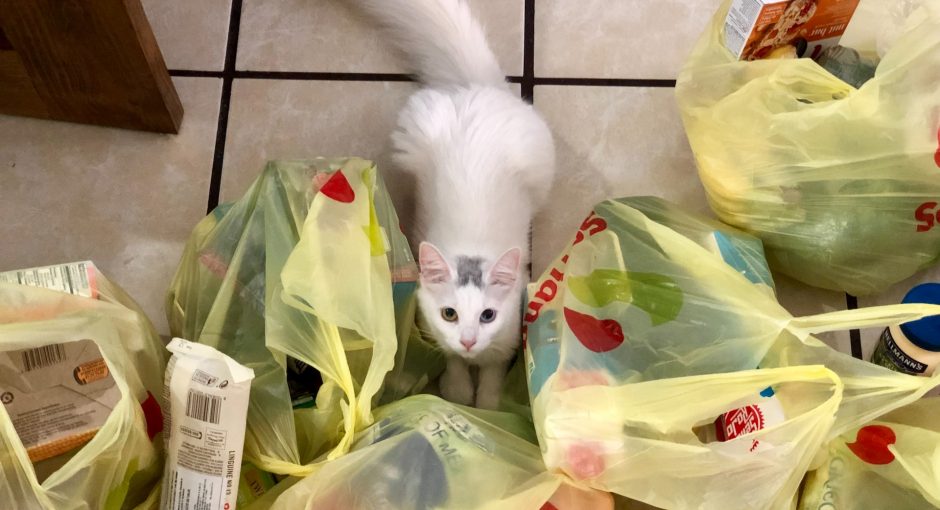It is no secret that plastic pollution is a growing environmental issue. As more and more of it accumulates in landfills and oceans, state governments are starting to take action. Washington State is at the forefront of this movement, with a plastic bag ban set to take effect in 2021. This article will discuss when the ban starts, what it will cover, and how it could be impacted by the upcoming election.
Background
Washington State’s plastic bag ban was initially proposed in 2019, but was put on hold due to the coronavirus pandemic. The ban was officially enacted in July 2020, and is set to take effect on January 1, 2021. Under the ban, retailers are prohibited from providing plastic bags to customers at checkout. The ban applies to all retailers, including grocery stores, convenience stores, and retail stores.
What is Covered
The ban applies to all plastic bags, including those made from polyethylene, polypropylene, and other materials. It also covers plastic bags used for produce, bread, and dry cleaning. Additionally, paper bags are also prohibited unless they are made from at least 40% recycled material.
How Could the Ban be Impacted?
The plastic bag ban is set to take effect in 2021, but that could change depending on the outcome of the upcoming election. If the current governor is re-elected, the ban is likely to stay in place. If the opposing candidate wins, the ban could be repealed.
What are the Alternatives?
Without plastic bags, consumers will need to find alternatives for carrying their groceries and other items. Reusable bags are one option, and many retailers already offer them for purchase. Additionally, some retailers are offering paper bags made from recycled materials, and some are even offering biodegradable bags made from plant-based materials.
Conclusion
Washington State’s plastic bag ban is set to take effect on January 1, 2021, barring any changes from the upcoming election. The ban will cover all plastic bags, including those used for produce, bread, and dry cleaning. Alternatives to plastic bags include reusable bags and paper bags made from recycled materials, as well as biodegradable bags made from plant-based materials.




